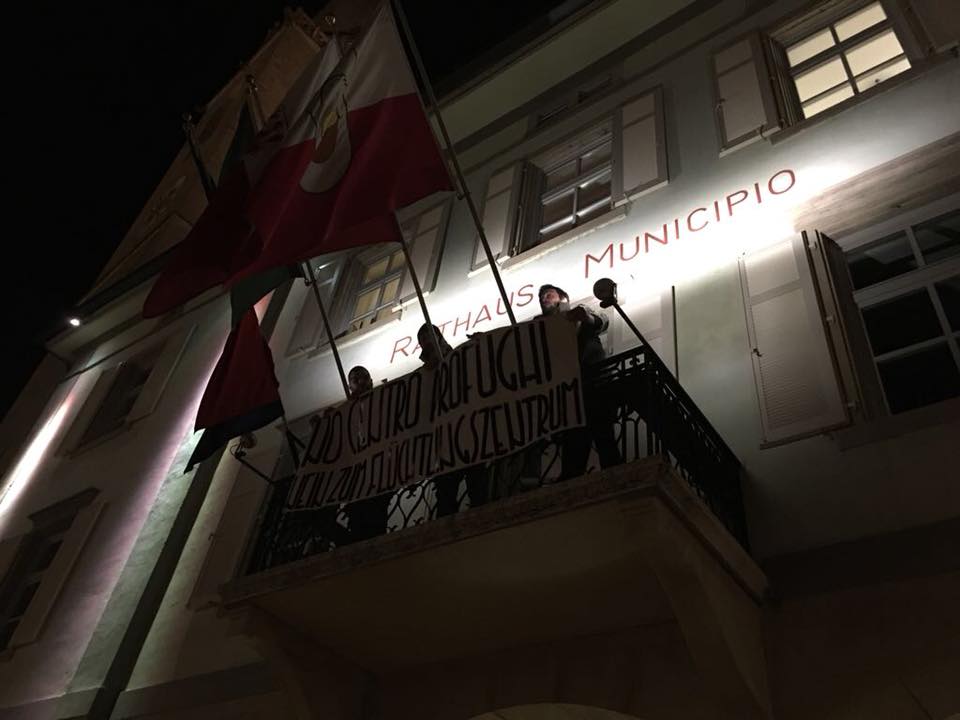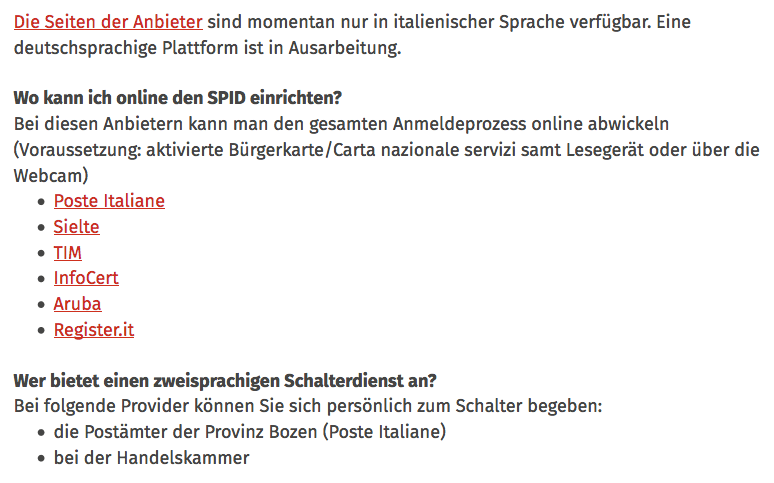Wie die Dolomiten in ihrer heutigen Ausgabe berichten, sieht sich nun sogar das italienische Statistikinstitut (Istat) dazu ermuntert, die weitere Tolomeisierung Südtirols anzumahnen. Einigen Bürgermeisterinnen soll nämlich ein Schrieb aus römischen Istat-Stuben ins Haus geflattert sein, mit dem sie dazu aufgefordert werden, die Übersetzungen der Straßennamen in Ordnung zu bringen.
Es sind Straßennamen wie Via Am Bühel, Via Egg, Vicolo Kirchgasse oder Via Oberdorf, die dem Gesamtstaatlichen Statistikinstitut ISTAT sauer aufzustoßen scheinen.
— Dolomiten
Selbst beweist das Institut jedoch regelmäßig seine Unfähigkeit, der Zweisprachigkeitspflicht ordnungsgemäß nachzukommen.
Dem Bericht zufolge hat nun Landeshauptmann Arno Kompatscher dem Istat geantwortet, dass Südtirol für die Regelung der Ortsnamen selbst verantwortlich sei. Und in einem Brief an die Bürgermeisterinnen habe er dazu aufgefordert, »das Schreiben aus Rom nicht zu beachten«.
Dennoch gerät Südtirol in dieser heiklen Angelegenheit zum wiederholten Mal in die Defensive. Wenn keine Gegenmaßnahmen ergriffen werden, wird sich in wenigen Wochen auch noch das Verfassungsgericht mit dem Ortsnamengesetz befassen — dann könnten die zentralistisch gesinnten Richterinnen restriktive Vorschriften in ihr unanfechtbares Urteil packen.
Cëla enghe: 01 02 03 || 01




 -Blogger im Frühstücksradio von RAI Südtirol zu Gast und durfte meine Einschätzung zur Diskussionskultur im Internet abgeben.
-Blogger im Frühstücksradio von RAI Südtirol zu Gast und durfte meine Einschätzung zur Diskussionskultur im Internet abgeben.